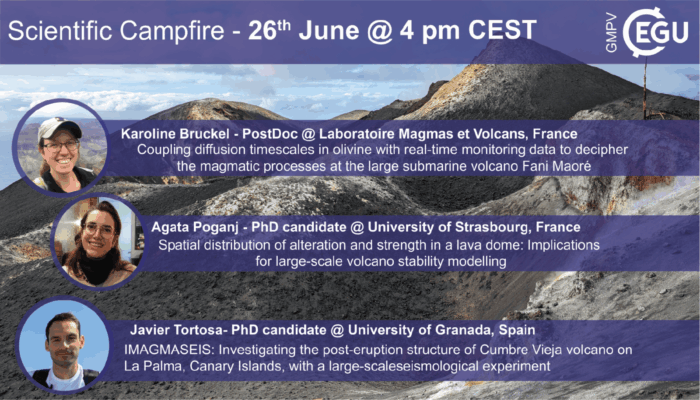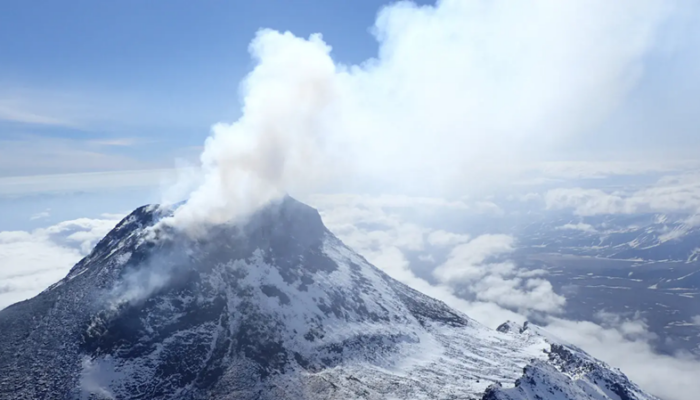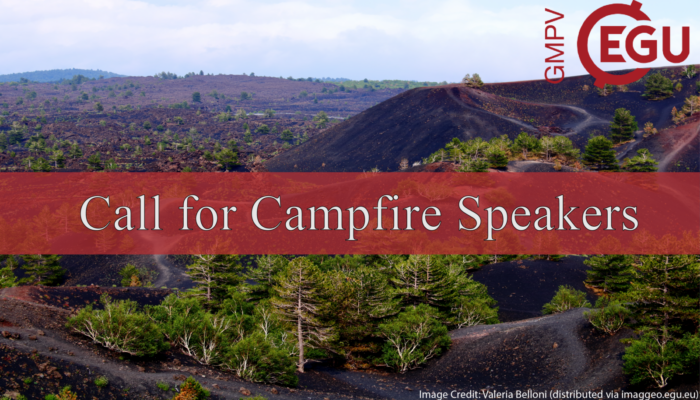We’re excited to invite you to the fifth edition of the Geochemistry, Mineralogy, Petrology and Volcanology Campfires of the 2024/2025 season! Join us on Thursday, June 26th at 4 pm CEST on Zoom for a Scientific Campfire, during which three Early Career Scientists will present their research to the community. Our speakers for this edition are: Karoline Bruckel, PostDoc @ Laboratoire ...[Read More]
GMPV Campfires – call for Speakers
The EGU Geochemistry, Mineralogy, Petrology and Volcanology ECS committee is currently looking for early career scientists to present at and attend our monthly online talk series (EGU Campfires). The EGU Campfires are a free one-hour online seminar consisting of three 10-12-minute talks. These quick-fire presentations give you an opportunity to share your work in a relaxed and friendly environmen ...[Read More]
Volcanism, anthropogenic carbon dioxide emissions, and mass extinctions
Only a very small fraction of the energy produced by nuclear fusion in the Sun (3.82 x 1023 kW) reaches the top of the Earth’s atmosphere (1.7 x 1014 kW), and then only about 50% of it reaches the Earth surface, where it is absorbed by the oceans and land. This energy is radiated back as longwave infrared radiation, which is partially absorbed and after reradiated downward to the surface by the gr ...[Read More]
GMPV Campfires – Call for Speakers
GMPV Campfires – Call for Speakers The EGU Geochemistry, Mineralogy, Petrology and Volcanology ECS committee are currently looking for early career scientists to present at and attend our monthly online talk series (EGU Campfires). The EGU Campfires are a free one-hour online seminar consisting of three to four 10-12-minute talks. These quick-fire presentations give you an opportunit ...[Read More]




